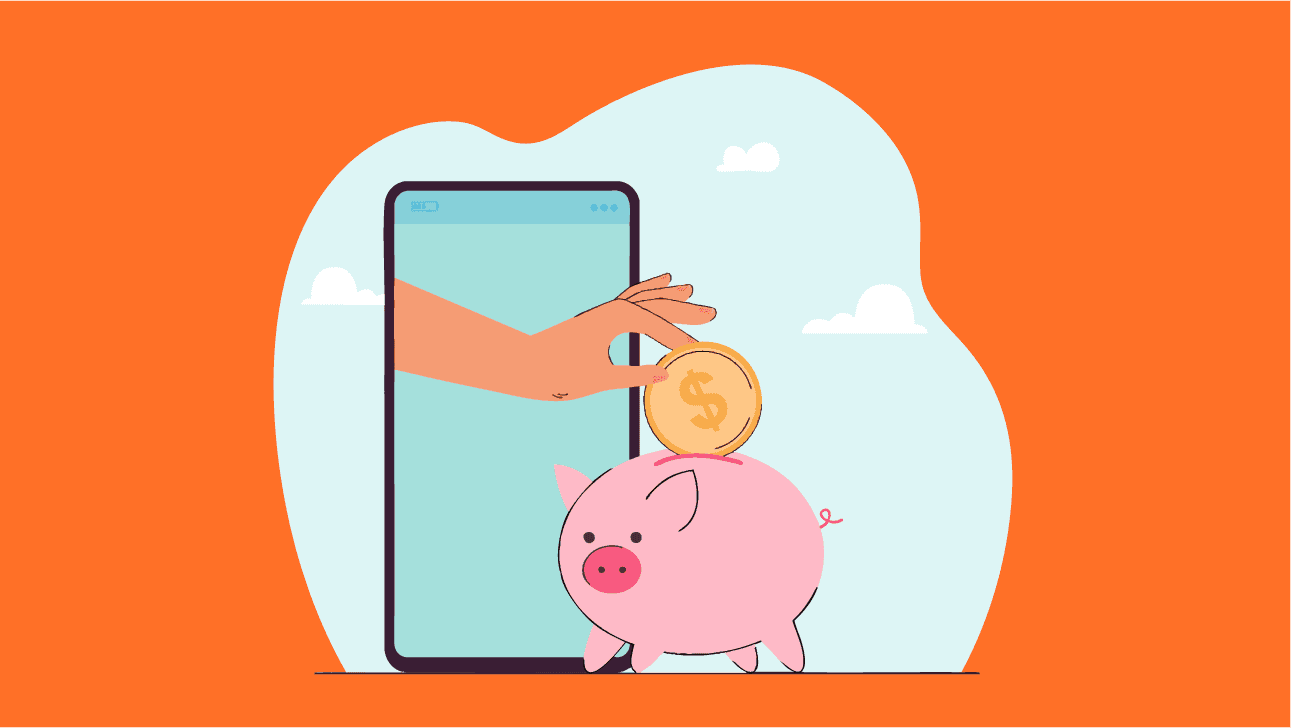
Life in Nigeria can be unpredictable. One day, everything is fine; the next, an unexpected medical bill, job loss, or car repair throws your finances into chaos.
Without a financial safety net, these surprises can lead to debt, stress, or dependence on friends and family.
That’s where an emergency fund comes in. An emergency fund is your financial guard against life’s uncertainties, ensuring that you have a cushion to fall back on when unexpected expenses arise.
But in a country where the cost of living keeps rising and incomes often stretch thin, saving for emergencies might feel like a luxury. The good news? With the right strategy, building an emergency fund is possible—even on a tight budget.
In this guide, we will break down why you need an emergency fund, how much you should save, and practical steps to start one today.

Whether you earn a salary, run a business, or rely on side hustles, this article will show you how to prepare for life’s curveballs without breaking the bank.
What is an Emergency Fund?
As explained earlier, the money you set aside for unplanned expenses is called an emergency fund (or savings).
The unplanned expenses might be medical, home, car, etc. Your emergency fund must be for actual emergencies.
It is not an emergency to purchase shoes that will soon run out of stock. Shawarma is not an emergency.
An emergency should be a serious situation that affects your day-to-day activities. And you ought to use your emergency funds for this.
Why Do You Need an Emergency Fund?
There are many benefits to having an emergency fund. Here are some of them:
- You won't have to worry about unforeseen circumstances like falling sick or unexpected trips. There will be money to cover it.
- It saves you from debt. When you have some money in your fund, you will not need to borrow from anyone.
- It will also help you with financial discipline. You won't have to touch your other savings for any reason.

How To Build An Emergency Fund
Now that you know what an emergency fund is, and how important it is, let's look at how to create one. These questions will guide you in creating and building one:
What is an Emergency?
People have different definitions of emergency. Choose the things that are emergencies to you before you think of starting an emergency fund.
This will guide you on what to spend your emergency money on and the things not to spend on.
How much do I want in my Emergency Fund?
This is another thing to consider. How much do you want to have in your emergency fund?
Some experts advise you to have three to six months of your living expenses. This is because most unplanned expenses fall within that bracket of your living costs.

Therefore, you should have between N300,000 and N600,000 in your emergency fund if your living expenses are N100,000.
How Can I Raise Money For My Emergency Fund?
After deciding on the amount you want in your fund, you have raise the money that will be put in the fund.
A budget is a good way to start. Make sure your monthly budget includes money for your emergency fund. Additionally, you may have additional revenue streams that provide funds for your emergency fund; more on this later.
Bonus Tip: You don't need to raise the money at once. Save as much as you can till you have reached your goal.
Where Will I Save This Emergency Fund?
There are many savings platforms where you can put your emergency fund. Jollof+ is one of the best options available. The app is powered by Baobab Bank, a leading financial institution in Nigeria.

With Jollof+, you earn an interest of 21.6% p.a. net on your savings, plus the app is licensed by CBN and insured by NDIC, so your money is safe.
Bonus Tip: You can even automate your savings. Money goes straight from your account to your emergency fund.
Tips For Building an Emergency Fund
1. Build With Your Loved Ones
No law says you need to build an emergency fund alone. You and your friends or family can build one together.
It is easier, and there will be more money in the fund. The thing though is that there should be a minimum amount every member can contribute per time.
2. Pay Your Debts First
Before you start, pay all your debts. Don’t owe someone, and save for emergencies. Eventually, those savings will pay your debts.
3. Have Other Sources of Income
Having other sources of income will go a long way in helping you build your emergency fund. More money means you can get the money in your emergency fund faster.

4. Reduce Your Daily Spending
If you used to buy pizza every weekend, reduce it to once a month. Cut back on unnecessary spending and put the extra money in your emergency savings.
5. Invest In Financial Education
Invest in financial education. Having a solid understanding of finance will help you make wise financial decisions that will lessen the likelihood of emergencies.
In The End
If you want to build wealth and live a financially stable life, you must have an emergency fund. Start building today with the Jollof+ app and let us know your journey so far.


